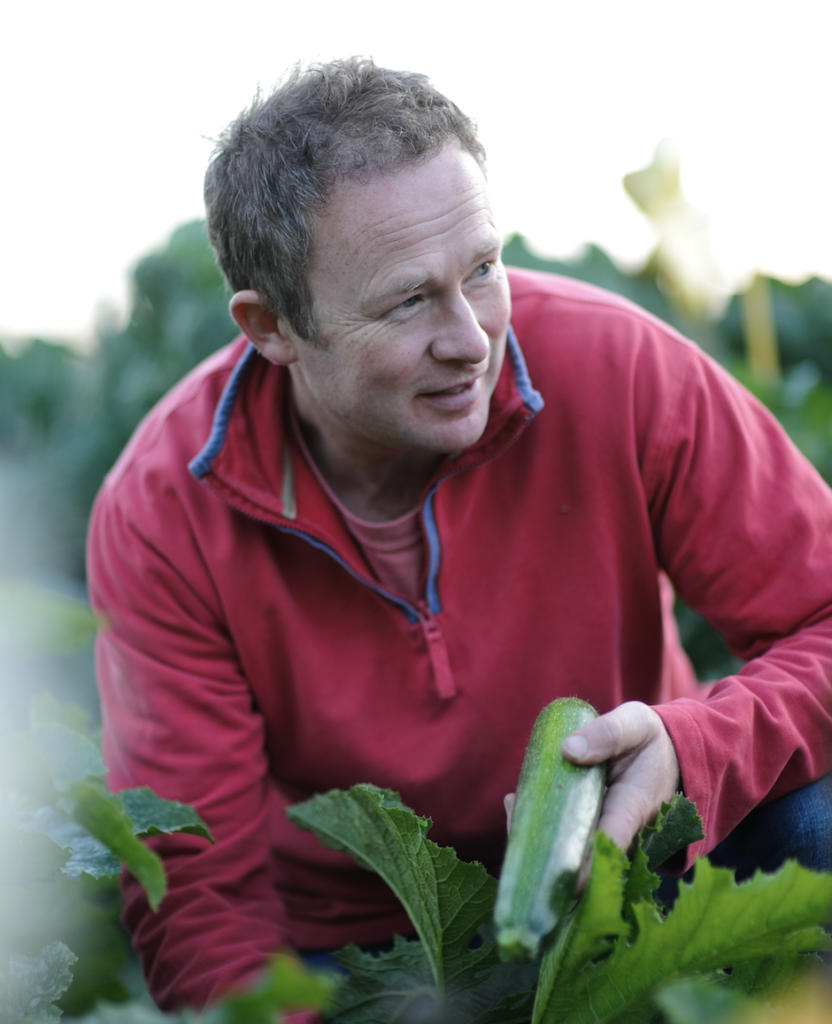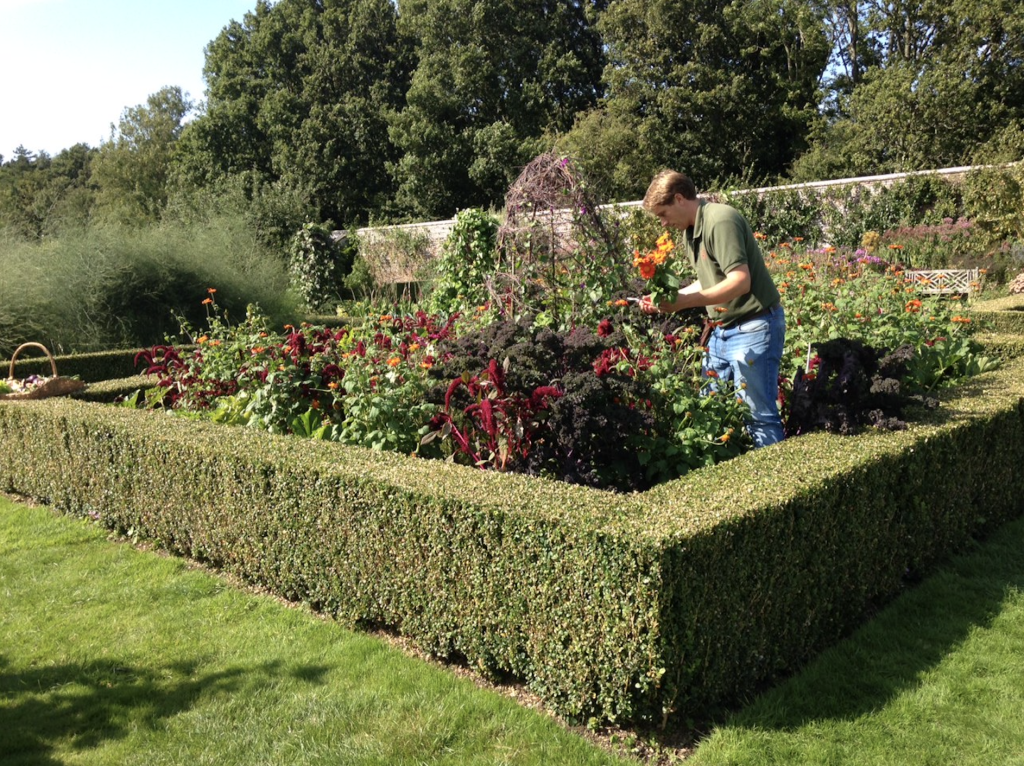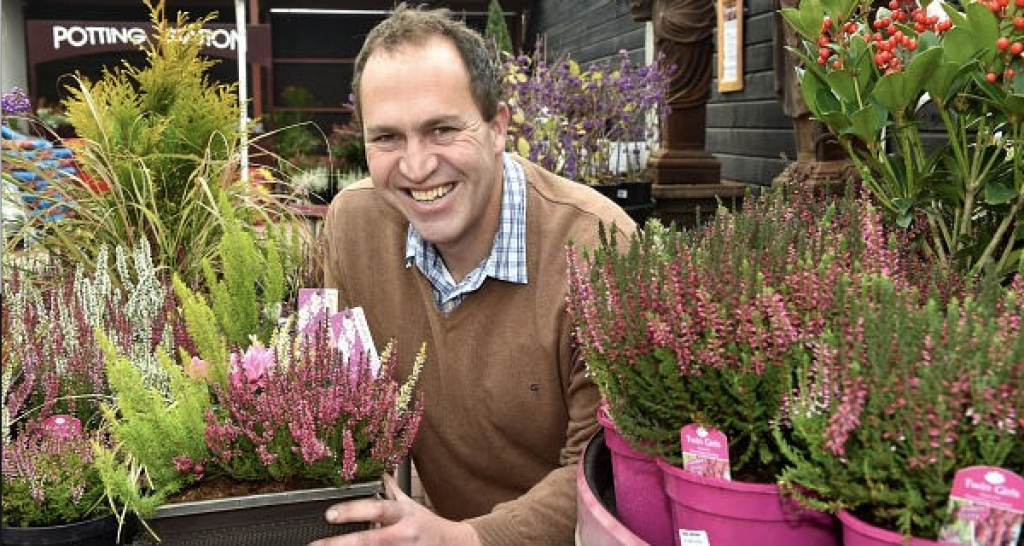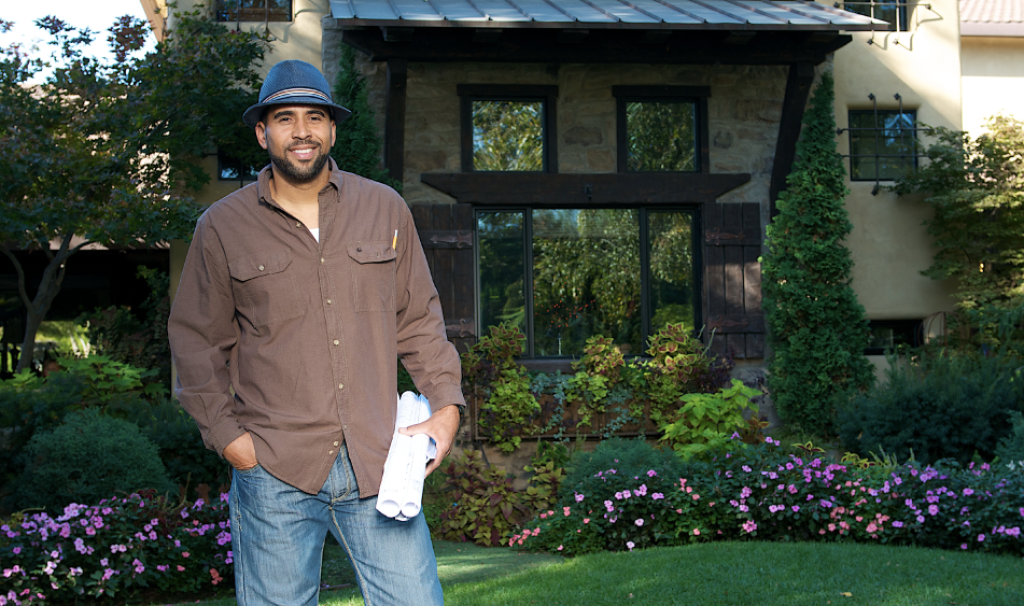Here at Bury Hill, we’re celebrating Earth Day 2018 on 22 April, so we’ve compiled 22 top tips to start your eco-friendly garden! We enlisted help from leading gardening experts and personalities in the USA, UK, and Ireland to share their advice.
The following guide is perfect for novice gardeners and anyone looking to fine-tune their eco-friendly footprint. Here’s the industry insights and trends you should be looking out for in 2018…
1.Create a pollinator-friendly garden – Toby Buckland, BBC radio, and TV host
As people become more aware of the need to care for our environment, BBC radio and TV presenter, author and award-winning garden designer, Toby Buckland, has reported seeing a ‘rise of interest in pollinator-friendly gardens’. This type of garden focuses on the use of plants and flowers with a high nectar count to assist pollinating insects. We recommend marigolds, wallflowers, and honeysuckle to create a bee-friendly patch.
2. Create your own compost:
Composting is an easy eco-friendly habit to adopt in the garden. Creating your own compost reduces the amount of rubbish you add to landfill and improves the quality of your soil to encourage plant growth. Bury Hill offers a range of mushroom composts to nourish your soil – a perfect mulch for beginners!
3. Organic soil conditioners:
To be a successful organic gardener, the quality of your soil must be a key focus. With this in mind, invest in an organic soil conditioner to create a better environment for your plants and flowers to flourish.
4. Organic deterrents:
Invest in organic deterrents early to limit garden pests and reduce the impact they have on your garden. Rather than reaching for harsh chemical-based garden products, consider using organic alternatives like eggshells, coffee beans and baking soda which are all non-abrasive.
5. Collect rainwater – there’s plenty of it!
Water your plants and vegetables without touching a tap! Water butts are perfect for collecting rainwater throughout the year and come in a surprisingly wide variety of styles and sizes. You’re sure to find one that is the perfect fit for your garden – a simple way to help protect the environment.
6. Water plans at the right time of the day:
Select the right time to water the garden to reduce the volume and frequency of your water use. The benefits of this are twofold: a reliable plan reduces garden maintenance time and reduces your use of resources, which, if you don’t have a water butt, will take a chunk out of your water bills, too.
7. Invest in plants native to your area:
Investing in a planting scheme that is native to your area promotes a healthy ecosystem. Native plants, by nature, adapt to their environments. They require less maintenance and provide a natural habitat for birds and smaller animals – what more could you ask for?
8. Limit your use of electricity in the garden:
There are plenty of sustainable and solar-powered alternatives to garden lights and features. Why not add solar-powered light features to a statement wall or water feature and set the perfect scene for a garden party in the evening? As we become more environmentally conscious as consumers, expect to see more companies investing in beautiful and innovative garden features at affordable prices.
9. Plant trees that are particularly efficient at reducing CO2 emissions:
Certain trees are better at reducing CO2 than others and are therefore more beneficial to the environment. Trees such as pine, oak, and black walnut are all particularly good investments for this aim – and are brilliant for creating shady spots to relax under with a good book!
10. Grow your own fruit and vegetables in the garden:
Try growing your own organic vegetables and fruit as a sustainable way to eat off the land!. With a variety of useful gardening resources available to help you get started on your vegetable patch, there’s no excuse not to start growing your own this summer.
11. Reduce plastic usage – Tom Brown, head gardener at Parham House, West Sussex
Head gardener at Parham House, Tom Brown, highlights the importance of reducing plastic usage: “I expect a great deal of plastic alternative products to come at us thick and fast over the next twelve months”. By swapping plastic products to environmentally-friendly alternatives, you’ll reduce your carbon footprint and how much you spend, too.
12. Reduce, reuse, recycle and rebuy:
In 2018, there is more need than ever to adopt regular recycling habits to limit your impact on the environment. Our top tips include:
-
Share cuttings/seeds from plants with friends and family
-
Use old yoghurt pots as traps for snails
-
Invest in wooden garden tools to reduce plastic usage.
British events and home-grown flower farmers and producers are preparing for a revival, according to Tom at Parham: “British Flower Week celebrates our home-grown flower farmers and producers in June each year. With our minds on Europe and the provenance of our food and flowers, the UK flower industry is poised for a revival through small, artisan producers and large-scale flower growers increasingly brought to our attention.”
13. Remove weeds from the source to prevent competition for resources:
Weeds prevent plants from receiving existing resources in the ground, hindering their chances of growing to their full potential. Removing weeds at the roots prevents the same plant from growing in that spot again, giving your flowers enough room to bloom.
14. Awareness of biodiversity in the garden – Peter Dowdall, ‘The Irish Gardener’
Peter Dowdall, also known as ‘The Irish Gardener’, has noted the increasing “awareness of the importance of our gardens in terms of biodiversity”, with a particular focus on creating an animal-friendly environment throughout the seasons. As Peter explains, “gardens and gardeners can help to slow this and more and more clients are seeking designs which have a high level of pollinator-friendly plants.” Immediate tasks include attracting insects and bees with colourful flowers, building bird houses and installing water features.
15. Water features to attract birds and smaller animals
Installing a water feature is a great way to prompt great biodiversity in the garden, and makes a great addition to any garden space. There are a variety of options to suit all types of gardens, ranging from artistic water installations and waterfalls to small, subtle fountains and traditional stone tables. It won’t be long before you will be spotting birds bathing from your kitchen window!
16. Buy organic alternatives to garden products
With a large focus on organic products, gardeners will never be stuck for sustainable options to use in the garden. These items are ideal to minimise theimpact on the environment while also ensuring a healthy environment for your plants to grow.
17. Automate the use of resources – Ahmed Hassan, Celebrity landscaper & TV host of DIY’s Yard Crashers
Leading American gardener, Ahmed Hassan, highlights the importance of keeping up with the latest technologies, particularly automation tools, to give gardeners the freedom “to control whether our sprinklers need to run while also saving on utility bill’. It is becoming increasingly important that we all take advantage of digital apps that control our resources as we advance into a technology orientated future. “There are literally convenience tools for automation that exist to make all the bells and whistles outside more efficient, work when they’re needed and save us time or energy.”
18. Improve air circulation:
Just like humans, plants need air to survive and grow. Regular maintenance of your soil, preferably with a premium grade layer of topsoil, creates the perfect conditions for growth. It’s also worth noting that worms are a friend to you in the garden as they help to break up dense clumps and aerate your soil as they go about their business.
19. Use mulch:
Mulch, which is an organic mix used to cover the top layer of soil, helps maintain soil temperature, reduce weed growth and to nourish the garden bed. Mulch ensures optimal growth conditions for your plants and flowers and is, therefore, an essential for any organic gardener.
20. Viewing gardens as therapeutic spaces:
We often underestimate the healing effects of being in the outdoors. Tom Brown highlights that “gardens as therapeutic spaces will also feature highly, designers are increasingly looking at the health and healing qualities of a beautiful outdoor space as part of recovery.”
“Keep your eyes on Matt Keightley’s garden at Chelsea this year which highlights the benefits to well-being using plants and gardens.”
21. Invest in long-lasting gardening equipment:
Investing in durable gardening equipment and tools is the best way to reduce your plastic usage over time. Wooden and steel alternatives may expensive in the short-term, but the long-term environmental and reliability benefits far outweigh the immediate costs.
22. Enjoy your organic garden with friends and family:
It’s now time to sit back and enjoy all the hard work you have done to create your eco-friendly garden. We recommend hosting summer garden parties or drinks – it may even encourage your guests to create their own eco-friendly garden!
By following these industries influenced top gardening tips, you will quickly be on your way to making your own eco-friendly garden – just in time for summer too!




